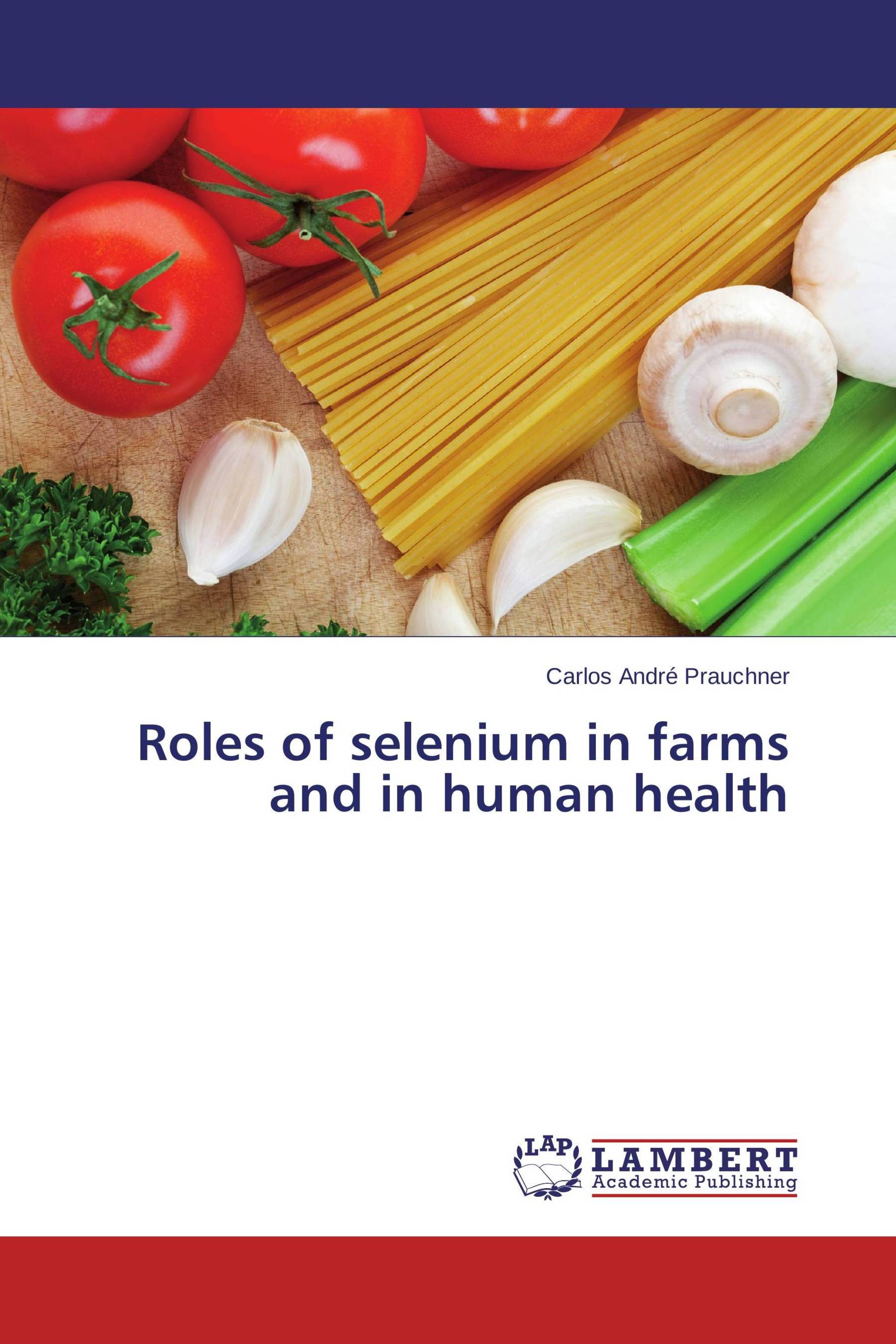The selenium is a micronutrient essential to the perfect growth of plants and animals and by preventing health problems in human population. In plants, selenium acts as an antioxidant by preventing oxidative stress due excessive solar radiation. Animals obtain the micronutrient from roughages and grains and take benefits from selenium supplementation by increasing immune surveillance, improving udder health and ameliorating reproductive performance. Fertilizing selenium to soils is the most ample and security way to increase selenium status of the human population. Among agronomic plants, vegetables into Brassica and Allium genders, as garlic, onion, leek, mustard and broccoli are some carriers of the micronutrient to human diet. Among crop plants, wheat and rice, although generally containing low levels of selenium, are more appropriated crops to be introduced in “agronomic biofortification”. In Brazil, specifically in the Amazon forest, there are trees that produce a natural selenium-enriched fruit, called Brazilian nut. In people, selenium acts as an antioxidant by delaying the aging, mitigating heavy metals poisoning and preventing cardiovascular diseases and cancer.
Book Details: |
|
|
ISBN-13: |
978-3-659-75050-2 |
|
ISBN-10: |
3659750506 |
|
EAN: |
9783659750502 |
|
Book language: |
English |
|
By (author) : |
Carlos André Prauchner |
|
Number of pages: |
356 |
|
Published on: |
2015-07-01 |
|
Category: |
Biochemistry, biophysics |
